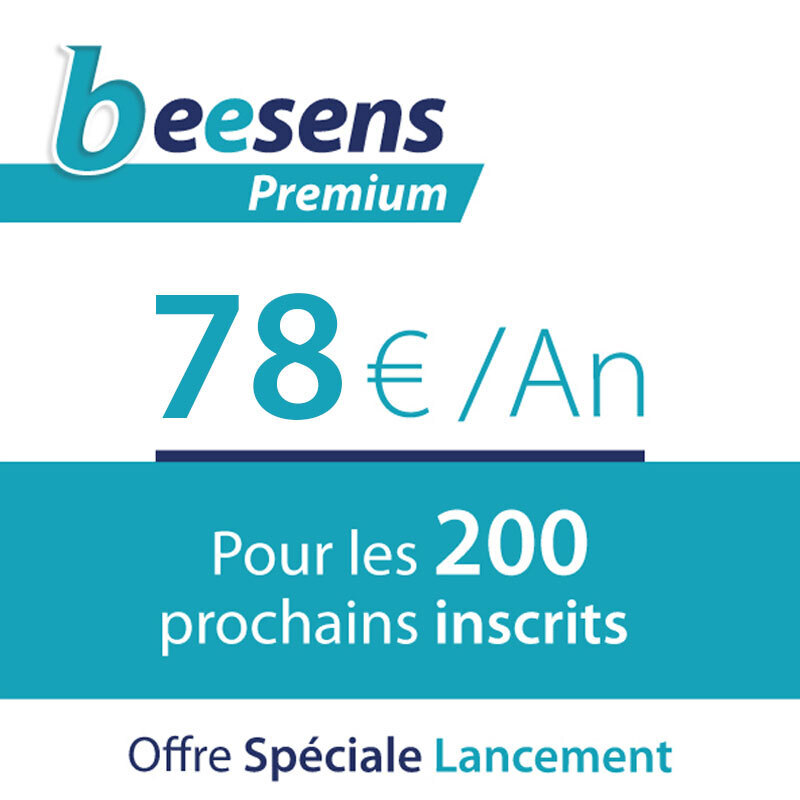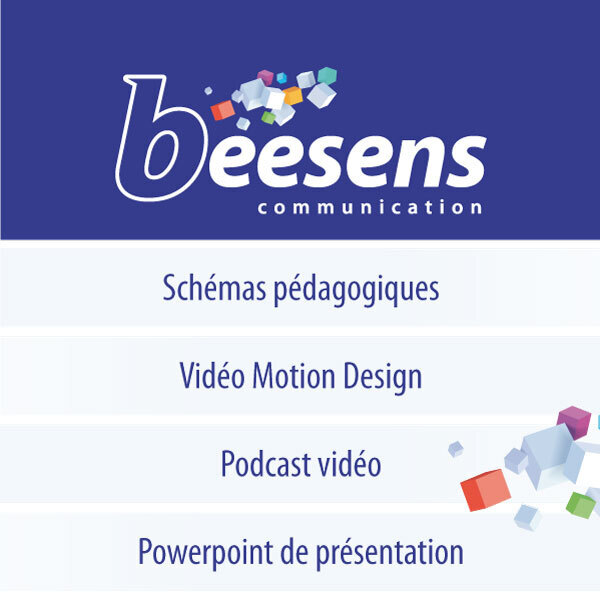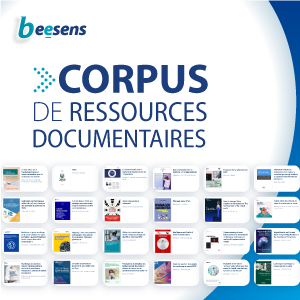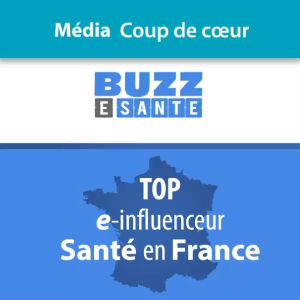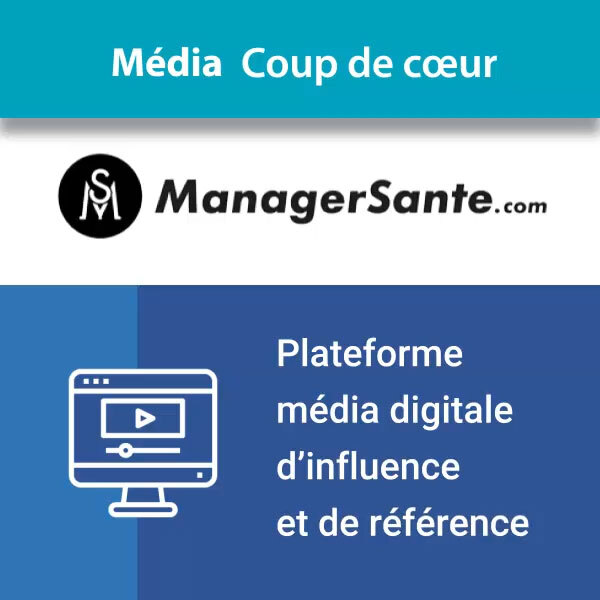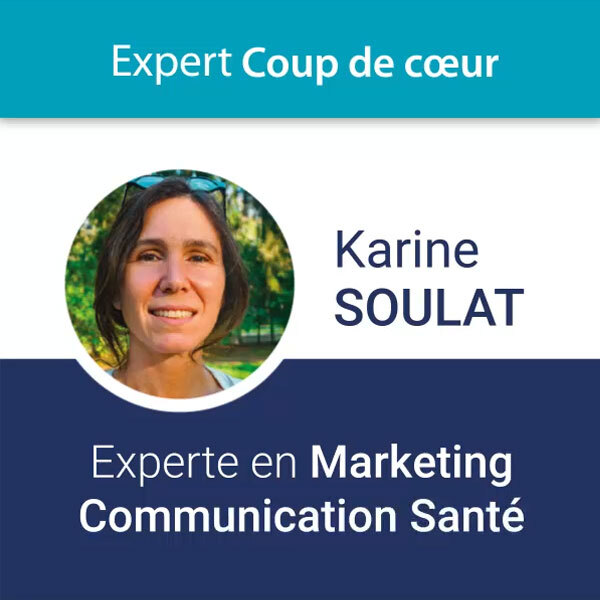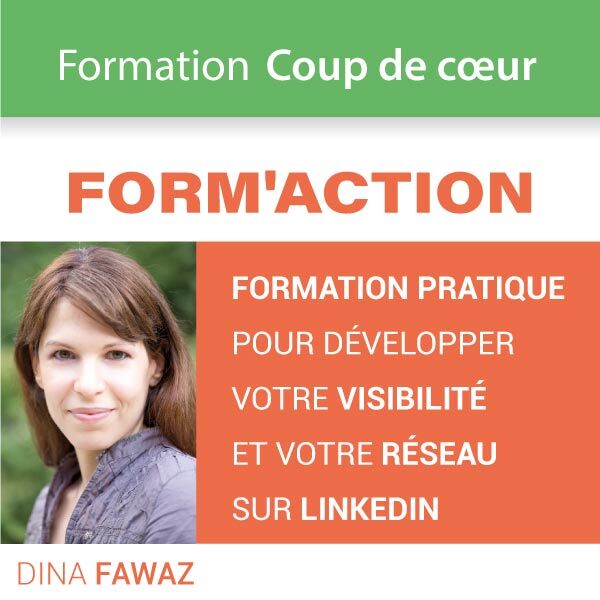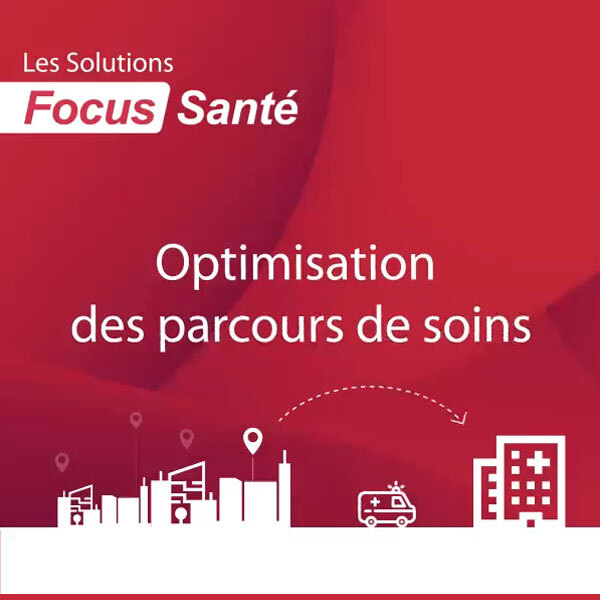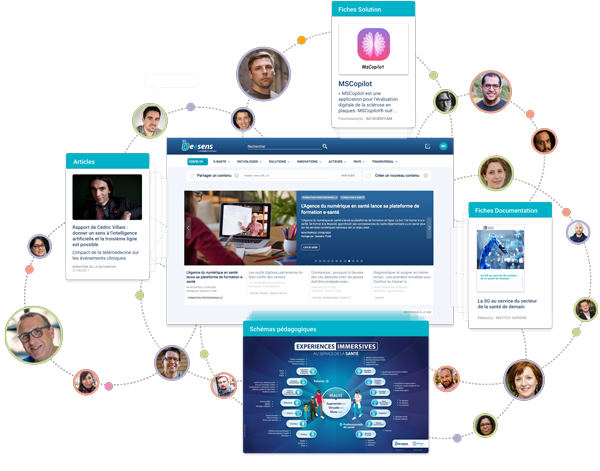"For patients receiving cancer radiotherapy, the weekly on-treatment visit is important for discussing any occurring radiation toxicity with their radiation oncologist and for asking questions about treatment. Manual reporting involves asking the patient specific questions to screen for urinary and digestive toxicities that could be related to radiation therapy, within the time frame of a typical on-treatment visit (10 to 20 min). It has been shown that physicians underreport patient toxicity during these visits, to the possible detriment of patients. In addition, the process of symptom gathering and documentation is burdensome on the physician and may detract from time spent discussing other important patient concerns.
Newly released large language models (LLMs) have demonstrated human-level performance on various professional and academic benchmarks, such as the USMLE STEP 1,2, and 3 exams. , The acceleration of LLM performance holds great promise for the development of new, cost-effective tools that can be easily deployed in the healthcare sector. Past examples of such tools include chatbots and symptom checkers, which provide assistance in both diagnosis and triage with varying degrees of accuracy, The capabilities of these tools have been steadily increasing with advances in artificial intelligence (AI)..."
Lire la suite
Pilot applications of GPT-4 in radiation oncology: Summarizing patient symptom intake and targeted chatbot applications
SCIENCEDIRECT, 11/11/2023
Partagé par :
Beesens TEAM

Informations liées
Thématiques
Chatbot
IA Générative : ChatGPT etc...
Cancer
Aide au diagnostic
The Path to Medical Superintelligence
MICROSOFT,
Partagé par : Awatif Taoufik
Exploring the User Experience of Generative AI in Digital Health: A Rapid Review
IOSPRESS,
Partagé par : MERYEME CHIBOUB
L’innovation, un leitmotiv en pratique clinique
FUTUROLOGIE-LEMAG,
Partagé par : Seddik Touaoula
Un regard éthique sur les nouveaux outils d’assistance digitale en médecine
THE CONVERSATION,
Partagé par : Beesens TEAM
Membres Premium A la une
Coach professionnelle certifiée / Formatrice
Fondatrice - KoKrea conseil
Human & IT - Collaboratif & réalité virtuelle
Associée KOS AVOCATS en e-santé





